
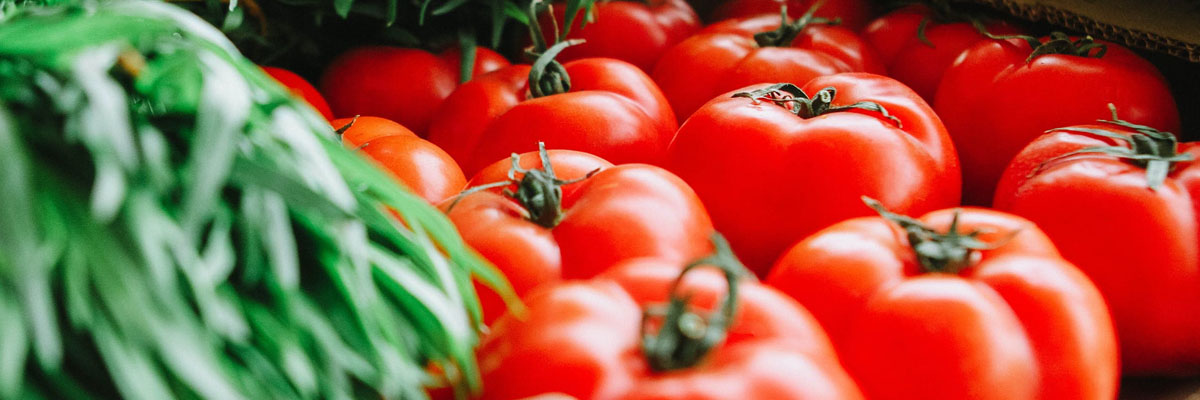
Our members are from many walks of life. Beyond pursuing the interests of our affiliations, we work as a collective of citizens with a broader perspective and objective. Together, we aim to catalyze change through providing a platform to discuss and strategize the creative ways in which to transform our food and agriculture systems towards a more just and sustainable future.
We all need food. The food we eat makes us who we are. But how many of usare aware of how the food we eat is made or even their ingredients?From where it is grown, and/or assembled, the food we rely on today takes anincreasingly complex route to get to our tables. Along the way, there is often ahigh degree of processing, invisible labour and processes that are not easy toimage by just looking at what we put in our mouths. While consumers rely onthe people who produce the food, producers also rely on consumers toconsume the food. As such, consumers can have a great deal of power overwhat food is eaten.
Through food, we not only have influence over our own health, but we haveinfluence over the health of society as a whole. The food system includesagricultural production, harvesting, processing, transportation, consumptionand the disposal of food, as well as the local and global ecological andgovernance mechanisms that support these processes. This means that food isnot only a basic necessity and source of enjoyment, but can be used asleverage to connect many aspects of our society, and the environment, offeringthe possibility to improve it.
It is with this possibility in mind that we launched a new organization, theFood Policy Council Kyoto, in 2018, with the aim to propose a comprehensivereconceptualization of policy through food. We learn from and follow theexamples of other Food Policy Councils, which have emerged across Europeand North America, adapting their approaches to realities in Kyoto, Japan.
According to Tim Lang, a leading scholar on integrated food policy in the UK, ittook more than ten years from its inception to when their Food Policy Councilwas accepted by society at large. The issues we face in our food system todayare in need of urgent solutions; Starting with the declining agriculturalproduction, the disconnect between agri-food science and technology andconsumer needs, the growing disparity in food access, and the impact ofclimate change and global environmental destruction. Our activities have justbegun. We welcome anybody. Let us join hands and work together.

Through thinking about food that is good for the health of people as well as the environment, we raise awareness about food safety.
Through converting small urban spaces, such as rooftops and verandas, into gardens, we can reconnect urban residents to sources of food.
Building sustainable human-nature relationships through the wise use of ecosystems, based on the idea that we take only what we need.
Concern extends not only to reducing food waste, but in the reduction in the use of plastics in association with food.
By providing access to good and nutritious food to all children, we pass on a society that prioritizes food as the foundation of a healthy life.
By improving our understanding of food, we can enhance our awareness around health and help to prevent lifestyle diseases.
By paying attention to the food system, we can not only help improve livelihoods for those involved, but bring joy.
As inhabitants of natural disaster-prone Japan, regular acts of nurturing community relationships help in securing sources of food in cases of emergency.
Through community kitchens (or restaurants) or cooking events with locally produced food, food can rebuild community.
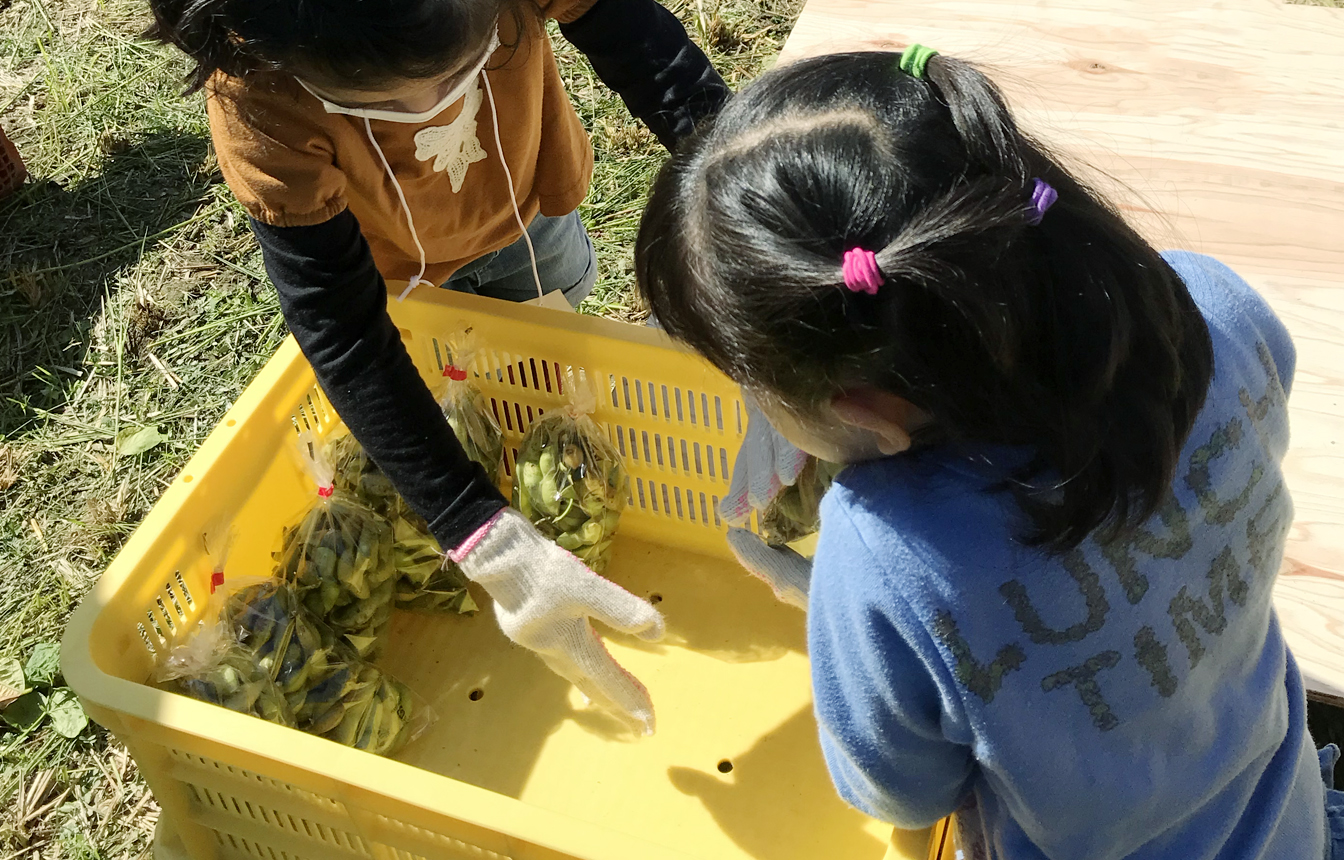
Among the many challenges that lie ahead for the future of food andagriculture, we have identified "nurturing the next generation" as aparticular priority.
Children's cafeterias and community kitchens are places whereunderserved people of all generations can come to have a meal together.
Such places, however, are constantly struggling from a lack of food supply.
While extending funds are important, it is also possible to create analternative and more robust network to provide a direct supply food.
By connecting community welfare projects (such as children’s cafeterias,
community kitchens and school lunch programs), and those trying tominimize food loss and waste (such as farmers with an oversupply ofproduce or left with perfectly edible but cosmetically substandard producethat cannot be sold in the mainstream market), we can try to solve the"mottainai" (wasteful) realities of food waste and create a mutuallybeneficial network of collaborators.
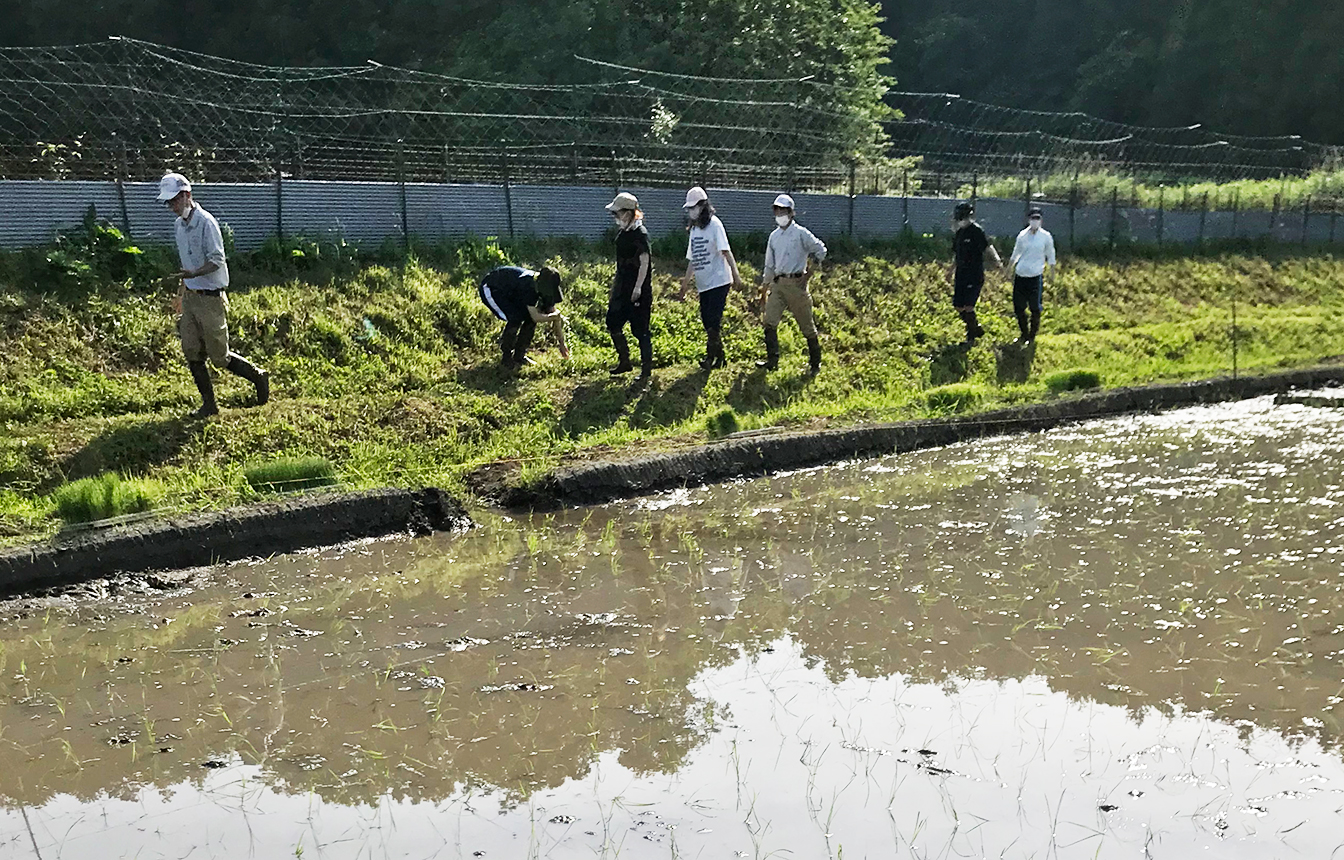
Civic and community farms are said to provide numerous advantages, fromemotional and physical wellbeing for those growing the food, to providingfresh and affordable produce to the local community. In reality, most of usdo not know where or how our food was grown.
While organic waste generated by households in Kyoto could be a valuableresource to make into compost, we are instead discarding it andincinerating it, adding to the cost of municipal waste disposal.
it and incinerating it, adding to the cost of municipal waste disposal.
At the Kyoto Food Policy Council, we have initiated a composting project toconnect these two activities.
The reason why we call it a "civic and community farm", instead of an"agricultural farm", is because it is a space where anyone can join. Let’sthink of creative ways we can move beyond the framing of consumersbeing “people who just eat”.
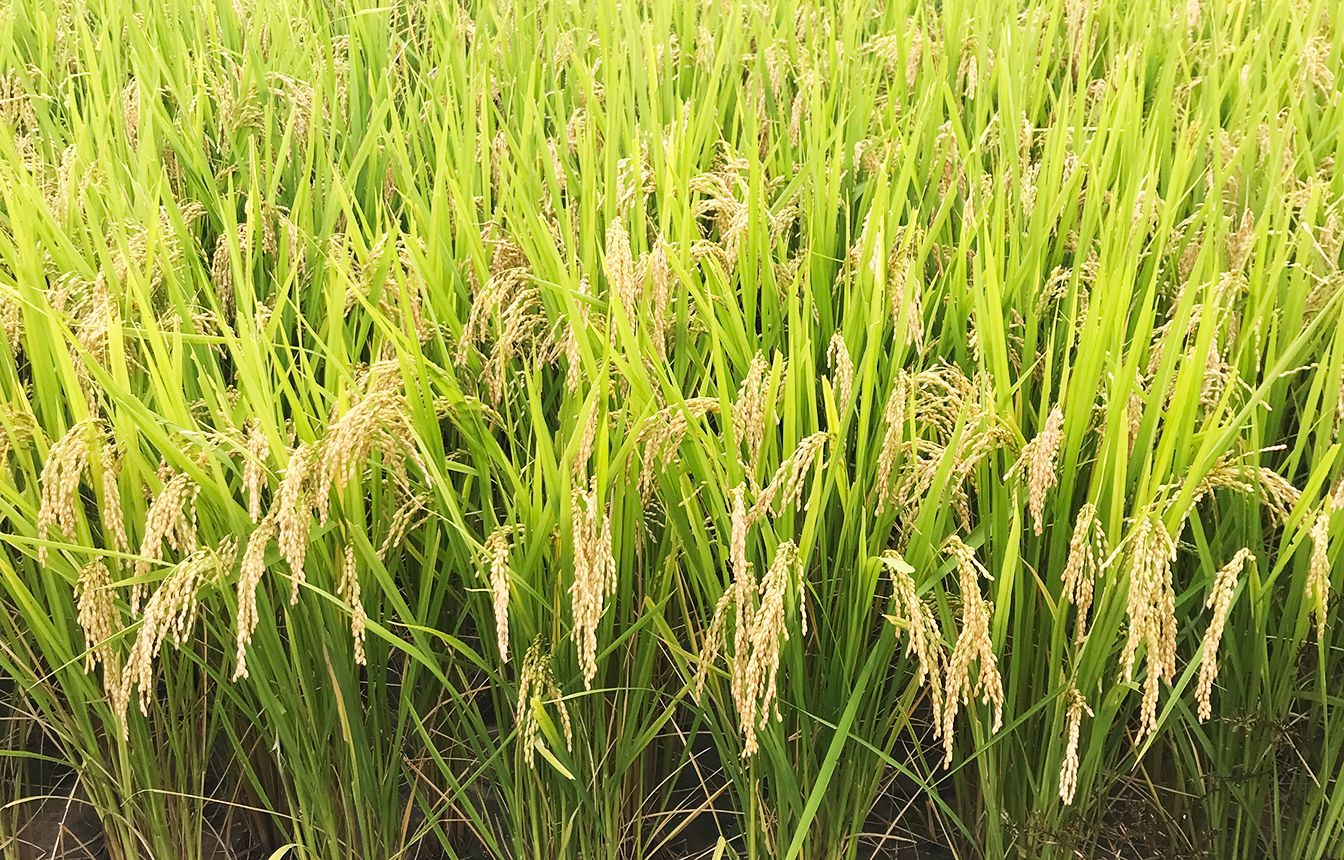
One of our main objectives is to create a society in which all children haveaccess to sufficient, delicious and healthy food.
The use of locally grown organic food in school lunches not only helps tomeet this objective, but also provides a valuable sales outlet for localorganic farmers, and helps encourage the next generation of farmers topractice organic farming. Such efforts have been initiated in Copenhagenand other European cities, and Seoul, South Korea. In Japan, pioneeringinitiatives are seen in Isumi City in Chiba Prefecture (where all the rice forschool lunches is locally grown organic rice) and Imabari City in EhimePrefecture (where locally grown organic produce are used). In Kyoto,
however, around 66,000 school lunches are provided per day, making itconsiderably difficult to source all its ingredients from within the cityperiphery. Ensuring stable quantity, handling irregularly shapedvegetables in mass, and controlling procurement price are consideredmajor barrios. This is why we started small by first working with nurseriesand kindergartens in the city. We found kindergartens that were alreadyusing organic ingredients. By sharing information on such practices withother kindergartens, and connecting them with organic producers anddistributors, we hope to expand these efforts to include all school lunchesin the city
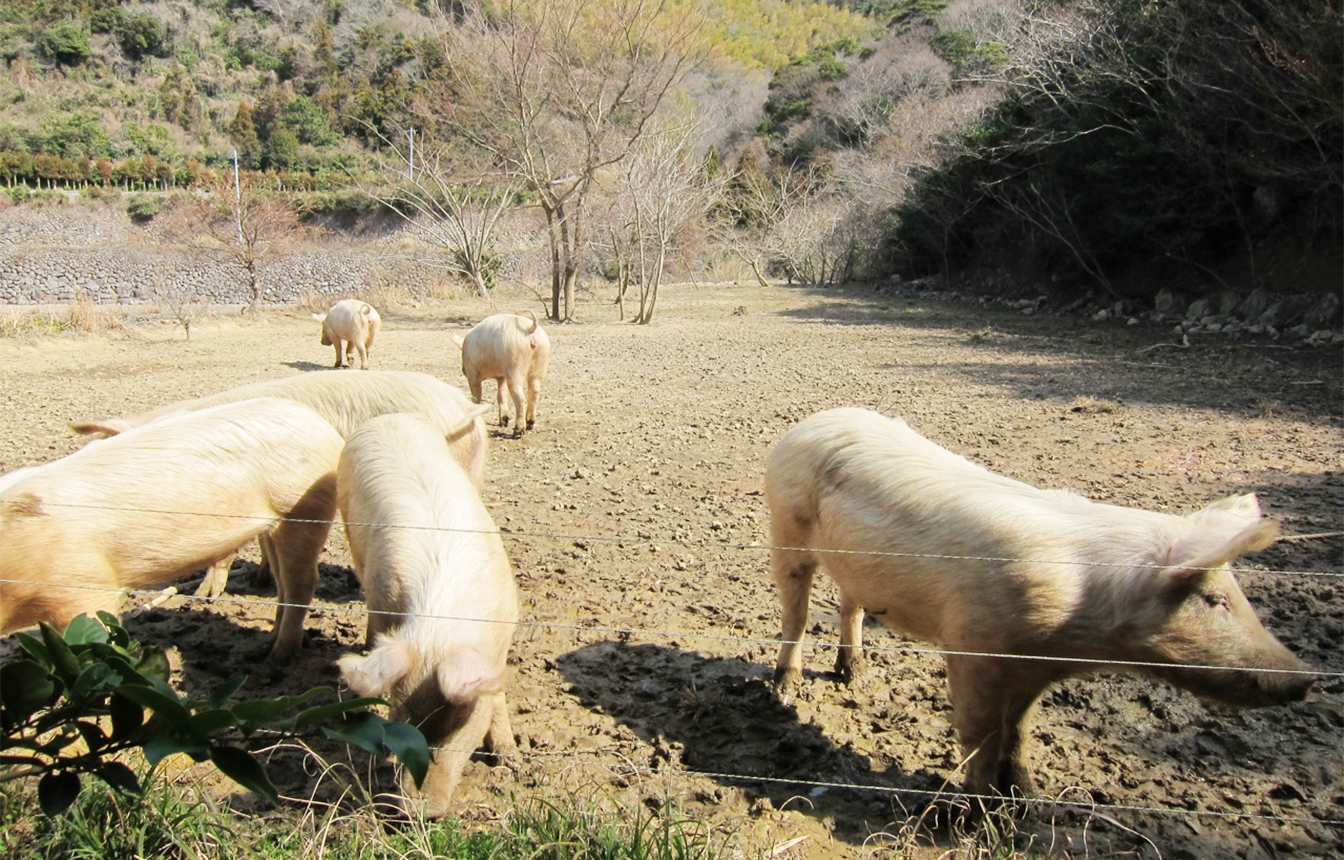
FPC Kyoto holds regular meetings once a month.The content is private, but the report will be published at a later date.